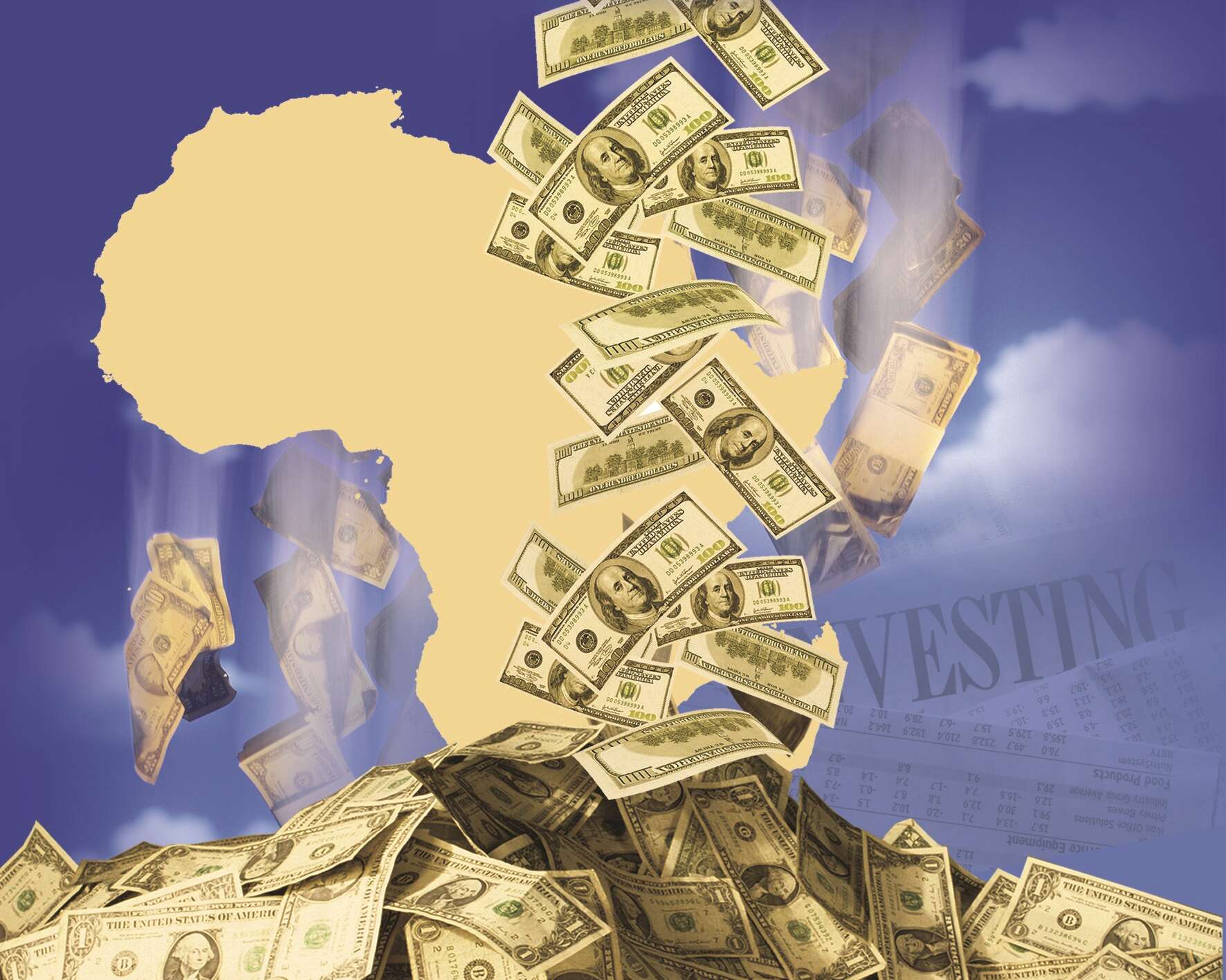By JAMES ANYANZWA
Kenya, Tanzania and Uganda attracted over $13.3 billion worth of foreign direct investment (FDI) in 2022, helping them create thousands of new jobs.
The latest investment report by business advisory firm Ernst & Young shows that Uganda recorded a high of $10.2 billion — the highest in East Africa — creating 6,300 jobs.
Investment inflows into Kenya increased by 117 percent year-on-year, bringing in $2 billion in capital investment and generating 7,819 jobs, with most of the investment going into the business services, technology, and transportation and warehousing sectors.
In Tanzania, FDIs rose by 133 percent to reach pre-Covid-19 pandemic levels, with 21 projects worth $1.3 billion and creating 4,566 jobs.
Read: Tanzania records over $1bn FDI inflows in third quarter
Key investments in Tanzania included those by Burundi-based Intracom, which is planning a $250 million integrated cement plant in the Kigoma region to supply cement to the Lake Tanganyika region, featuring Tanzania, Burundi, Rwanda and the Democratic Republic of Congo (DRC). Kenya’s Electricity Generating Company (KenGen) is also looking to invest in two geothermal drilling projects in Tanzania.
Advertisement
UAE-based Masdar has also signed an agreement with Tanzania Electric Supply Company Ltd (Tanesco) for the development of renewable energy projects with a capacity of two gigawatts (GW).
France was the top investor in the country with two massive investments in the oil and gas sector. The country also saw investments from Kenya in the consumer sector.
Data for Rwanda, Burundi and South Sudan was not available, but in Ethiopia, FDI has declined significantly in the past three years after reaching 34 projects in 2019.
Addis Ababa only received five FDI projects in 2021 and six in 2022.
Read: FDIs in East Africa declined in 2019 – report
“Kenya is by far the largest destination in the region when measured by number of projects, while Uganda received the most capital via investment from France in the oil and gas sector,” says the report titled A Pivot to Growth.
Africa returned as a top investment destination hub for global investors in 2022 after struggling to attract investment since the onset of Covid-19 pandemic and taking longer than other regions to recover, given its delayed vaccine rollout and therefore its ability to reopen its 54 national economies.
Although 2022 was the first visible sign of the continent’s return to the investment arena, much remains to be done to ensure that its investment attractiveness improves so that it can build on the momentum, according to the report.
The continent is significantly impacted by both monetary policy tightening and a strengthening dollar, as central banks across the globe fight to tame inflation.
“As interest rates rise, so growth slows, and there is fear that some countries may yet slip into recession following major hikes in interest rates,” says the report.
“These high interest rates across Africa have multiple consequences for growth and in turn, for investment. For one, Africa’s public debt is at its highest level in more than a decade.”
Read: African countries face steep costs in global credit market
The report says Africa’s sovereign debt averaged 77 percent of GDP in six key African economies – Nigeria, Ghana, Ethiopia, Kenya, Zambia, and Mozambique— with South Africa not far behind. In addition to the high and rising inflation rates many countries are also confronted by depreciating currencies.
“For investors, both within and outside the continent, higher interest rates raise the cost of funding new investment, which could place a strain on investor appetite,” says the report.
“In addition, slower growth provides fewer opportunities for investors, at a time when Africa was just starting to recover from the impact of the pandemic.”
Across Africa, and with few exceptions, central banks are increasing interest rates.
South Africa’s central bank rate has risen 500 basis points thus far, while Nigeria and Egypt have seen even sharper rate hikes, all designed to tame inflation, manage currency trading values, and provide economic stability.




